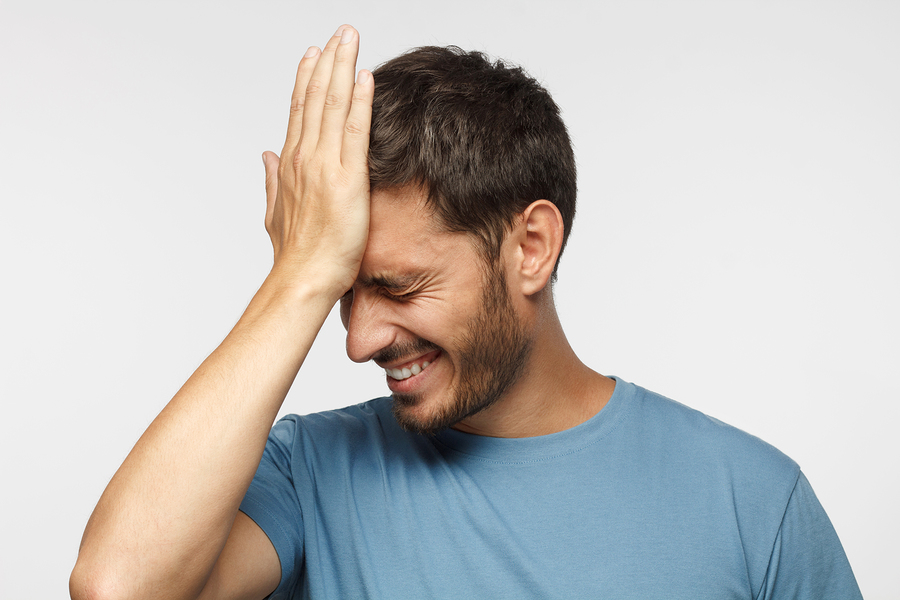
The new year is a time when people make an effort to start over and change some of their habits for the better. It can be a good time to focus on health and well-being so that you live a more positive lifestyle. Sobriety can be one of the best resolutions that you make in the new year as long you have a plan to stay committed and follow through with your decision.
Becoming sober is a big change to go through and in order to succeed you will need to make a number of smaller resolutions to support your choice. Getting sober means talking to friends and family about your addiction and telling them that you want to quit. Letting other people know about your resolution can make it easier to be accountable and you will be less likely to give up.
The next step for becoming sober is seeking professional help if you have a serious addiction. You can find a therapist who specializes in addiction or you can enroll in an inpatient or outpatient treatment center to detox and get adjusted to a sober lifestyle. Quitting an addiction can be much easier in the environment of treatment and sobriety offered at a rehab center.
If your alcohol use is not severe enough to require inpatient treatment you might consider attending a twelve step program to help you get oriented with a sober lifestyle. These group meetings are designed to help people to deal with cravings and allow them to strengthen their resolve to be sober. You can also start to build a social support system with the people you meet in twelve step groups so that you have sober friends who will keep you on track with your goals.
Sobriety can be a great new year’s resolution as long as you take the right steps toward making a lasting change.
The post Sobriety as a New Year’s Resolution appeared first on The Gooden Center.
source https://www.goodencenter.org/sobriety-as-a-new-years-resolution/







